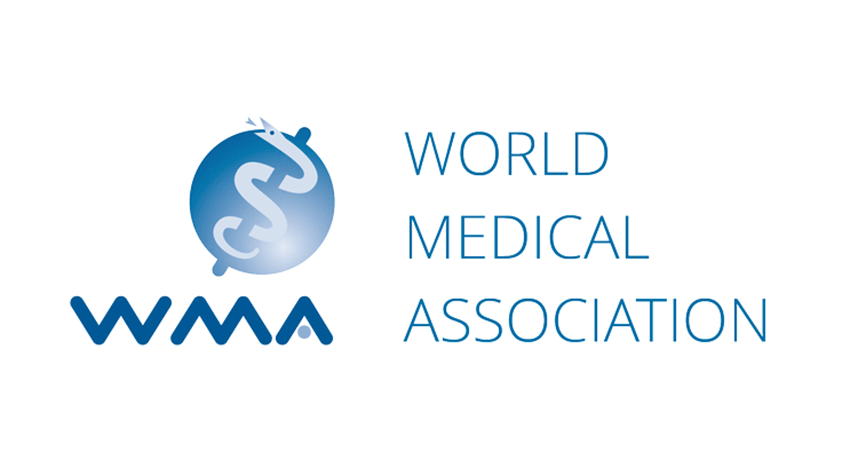
The World Medical Association (WMA) has joined the World Health Organization (WHO) in warning about the dangers of electronic cigarettes and other electronic nicotine delivery systems (ENDS).
“This warning comes amidst rising global popularity of e-cigarettes, particularly among young people, and a lack of adequate regulation in many countries,” a press release states.
The Italian publication Formiche recently published a report raising concerns about the WHO’s tobacco control policies and strategies in combating smoking-related diseases.
Titled, “Framework Convention on Tobacco Control: Challenges and Prospects for WHO,” the report provides a comprehensive overview of the smoking crisis, the limitations of current tobacco control policies, and the role of harm reduction and non-combustion products. Additionally, it emphasizes the need for innovative strategies and a re-evaluation of the WHO’s approach to effectively combat the global smoking epidemic.
The report highlights how the FCTC has not considered harm reduction efforts which led to a deviation from the original stance of the WHO. Despite the FCTC’s efforts, the number of smokers have remained stable over the last 20 years, with the decrease in smoking rates being countered by the effects of population growth.
Lujain Alqodmani, president of the WMA, said there is an urgent need for government action to safeguard children and adolescents, and the WMA supports the WHO’s efforts to eliminate nicotine products. She highlighted the “alarming situation” reported by the WHO, where 88 countries have no minimum age restriction for purchasing e-cigarettes, and 74 countries lack regulations for these harmful products.
The Formiche report’s author also worries about the tobacco control policies pursued by many low- and middle-income countries, which are home to 18 percent of the world’s smokers and where policies either ban alternative nicotine solutions entirely or treat them like cigarettes.
The effect of these approaches, according to the report, is that smokers who do not quit are not supported in changing to options that could present less risk to them. “The hope is that the forthcoming Conference of the Parties can represent an opportunity for public health but also, in the spirit of the United Nations, a moment of confrontation to guide policy choices based on established scientific evidence,” the report states.
